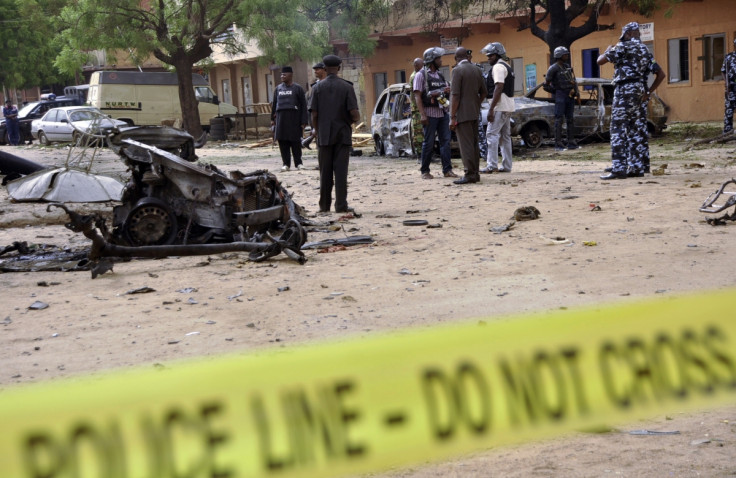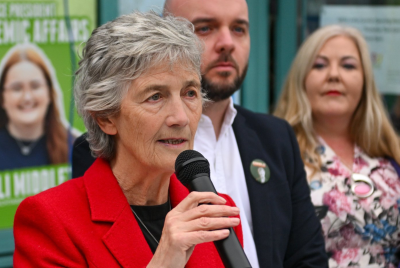Nigeria: Suspected Boko Haram Bomb Blast Kills at Least Five at Bauchi State Bus Station

A suspected Boko Haram bomb attack has hit a bus station in the northern Nigerian state of Bauchi, killing at least five people and wounding 12, according to police.
The blast hit the town of Azare in the northern region, challenging government reports of a temporary ceasefire with the terror group in order to secure the release of over 200 kidnapped schoolgirls.
"Five persons burned beyond recognition were certified dead, while 12 others sustained various degrees of injuries," Bauchi police spokesman Haruna Mohammed said.
"The entire surrounding [area] has been cordoned off ... No arrest has yet been made, but an investigation has commenced."
No group has claimed responsibility for the attack and the police have refused to comment on who may be behind it but suspicions are likely to fall on the Islamist terror group who have continued to wage an insurgency in the country's northern regions.
Despite the announcement of a ceasefire deal with the group last week, the schoolgirls kidnapped from the village of Chibok in April have still not been freed.
Secret talks over their release are set to continue between Lagos and Boko Haram representatives in the Chadian capital, N'Djamena.
Analysts say that Boko Haram is so fragmented that one group could have agreed to the ceasefire while others have continued to conduct attacks.
If the faction entering into talks with the government in Chad has control over the girls, there is an increased chance that a deal can be brokered, a Chadian diplomat told Reuters.
Three northeastern states - Yobe, Adamawa and Borno - have been placed under a state of emergency since May last year because of the terror group's insurgency.
According to Human Rights Watch, the militants have killed at least 2,053 people since the beginning of 2014 but researchers at the John Hopkins University School of International Studies estimate that 7,000 people have been killed in the 12 months between July 2013 and June this year.
© Copyright IBTimes 2025. All rights reserved.






















